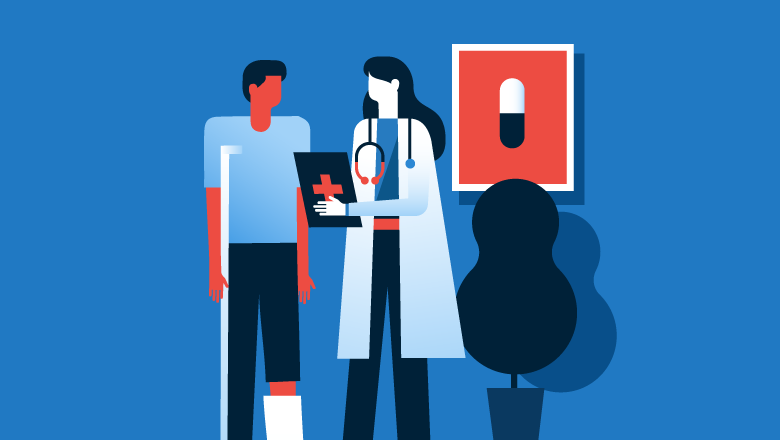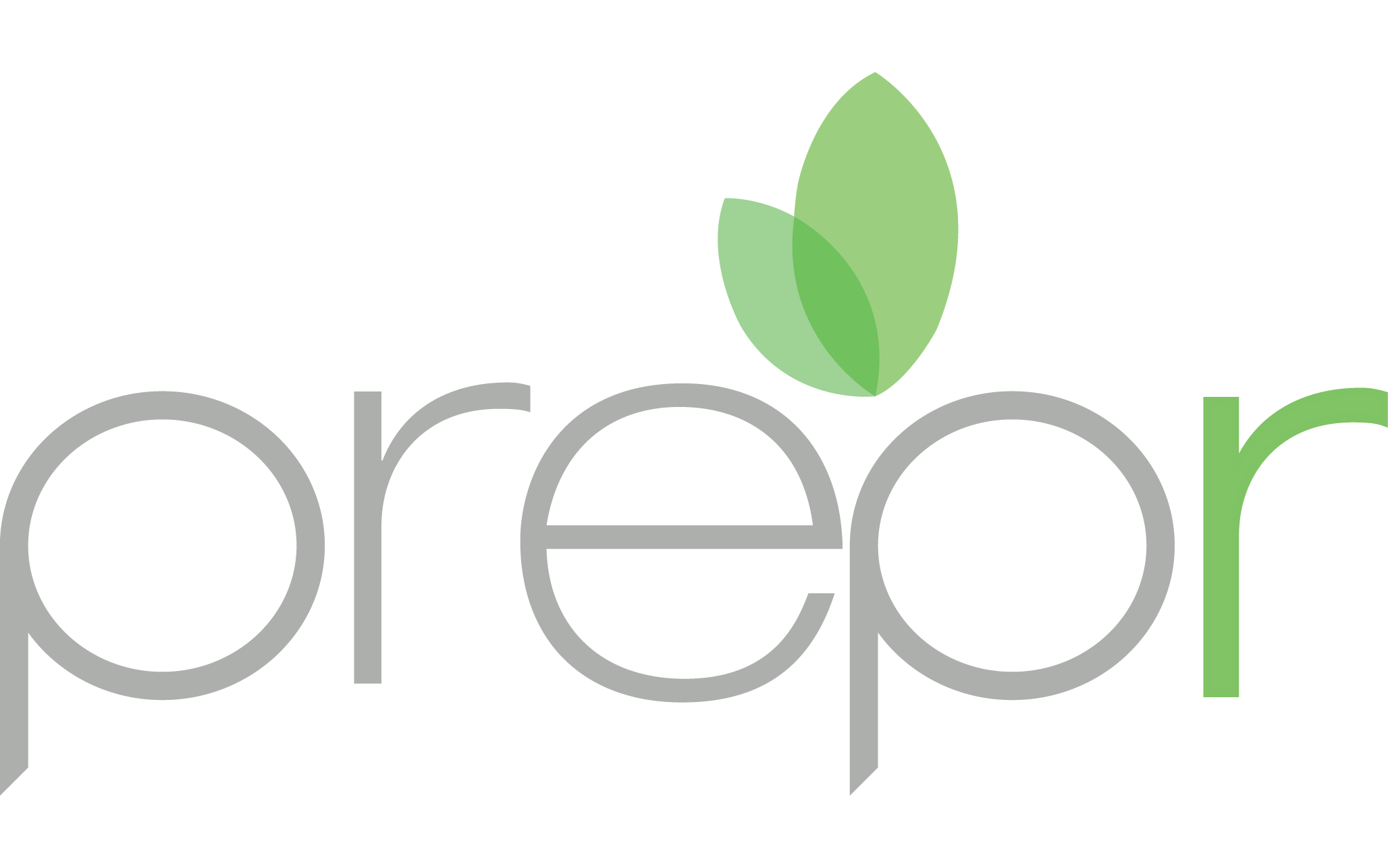
22 May Healthcare and Blockchain
INTRODUCTION
The original Blockchain is open-source technology which offers an alternative to the traditional intermediary for transfers of the crypto-currency Bitcoin. In short terms – it is an executor of transactions. A blockchain is, in the simplest of terms, a time-stamped series of immutable record of data that is managed by a cluster of computers not owned by any single entity. There are many industries that are currently adopting blockchain in new and innovative ways – the importance of healthcare adopting this technology is paramount.
However, health care is one of the slowest industries to implement a culture of innovation due to a lack of competition which is ultimately the main driver of innovation. There have been problems which range from costs to medical errors and although there are funds available to make these investments, these efforts don’t exactly follow through. If you compare the healthcare industry to 2 decades ago, hospitals still function pretty much the same.
HORIZONTAL INNOVATION
Horizontal innovation occurs when innovations have been adopted by multiple fields and industries to make their functionality more efficient. Blockchain is the next horizontal innovation that hospitals can introduce. Blockchain is not owned by a single entity, thus it’s decentralized, the data is cryptographically stored inside. The blockchain is also transparent so one can track the data if they want to.
Currently, clinical data is tracked in existing health IT systems. Each transaction is stored on the blockchain which contains the patient’s public ID. The patient’s information is in a private key which links their identity to blockchain data; this key can then be shared with new health organizations. An example would be: if one insurance company in the alliance calls a doctor’s office to verify an address and updates that information in the record, all members of the alliance would see the change. Overall, this means less work for the rest of the insurers and the doctor’s office.
CURRENT INNOVATIONS
Examples of innovative blockchain projects in healthcare:
- MedRec: saves the digital family history of medical records by using blockchain
- MediLedger: uses blockchain to strengthen the track-and-trace capabilities for prescription medicine
- ConnectingCare: a blockchain based platform for providers together from different clinical organizations to access the same data for share patients
- Robomed Network: a blockchain based medical network aimed to provide the most effective medical care. It connects patients and healthcare service providers by means of Smart Contracts.
CONCLUSION
Due to the rapid development of blockchain, the healthcare industry has already started to implement this technology into key sectors of the business. Thus, closing this skills and innovation gap in the future will be essential in order to see an advancement in the healthcare industry.
At Prepr, we align our objectives with the efforts of blockchain encouraging further innovation in the healthcare industry. We promote a growth and flexible mindset along with a combination of hands-on activities as it is important to adapt and adjust to the changes around us.
